|
The crisis in Ukraine has shocked the world, and as with other conflicts and crises, people are desperate to help. But what is the best way to support the people affected and respond to the humanitarian crisis unfolding in Europe? Since the start of the conflict in Ukraine, people in the UK have been quick to respond. There have been countless organised collections for donated goods and supplies, requesting batteries, torches, first aid kids, sanitary products and other essential items to help those fleeing across the borders from Ukraine. These collections and requests have come from individuals, small local groups, diaspora communities as well as registered charities. The items, collected in the UK, are usually destined for Europe, being driven to Ukraine, or countries on its border, to be distributed to civilians, refugees and organisations locally who are working to support them. While these donations are incredibly well-meaning, they’re not usually the best way to help. Here’s why....... Often, the items collected are not what is actually needed. Unsolicited donations can obstruct supply chains and delay more urgent life-saving assistance from getting through to those who need it most. They also take days to sort and organise both within the UK, and more importantly, at their final destination, where people are already overwhelmed. In some cases many items are damaged, broken or unsuitable, which then need to be disposed of or taken to be recycled or reused elsewhere. The time and effort spent in organising mountains of ‘stuff’ is usually best placed elsewhere. In a rapidly changing, volatile situation, even a list of items that have been locally requested could be obsolete by the time they are collected and transported so far. The ecological impact of physically transporting a high volume of donated items hundreds or thousands of miles is significant, and the carbon footprint much higher than buying items in the country they are needed. These journeys also pose logical and administrative challenges, moving goods across borders, especially from the UK into the EU post Brexit is not always straightforward, as many have reported over recent days. Buying new items in the UK to send abroad isn’t economical. The cost of transporting or sending things overseas is far more expensive than a local purchase in the country where it’s headed; whose economy could benefit from purchases made locally. Local goods usually offer a cheaper recognisable product for individuals too. For refugees, who may have suffered traumatic journeys or unimaginable circumstances back home, familiar products offer some semblance of normality or comfort, compared to items that are unrecognisable, or with branding or instructions in another language for example. In Romania, where we are working with local partners to support refugees, we are seeing that plenty of donations of food, blankets, nappies and other essential items are being generously provided by local people or businesses. The centres have more ‘stuff’ than they can use at present. Stocks of donations sourced locally at a transit centre for refugees in Iasi, RomaniaSO WHAT CAN PEOPLE DO TO HELP?People are far better off donating to a trusted organisation, so funds can be directed to those working on the ground, to charities and organisations who have experience of working in conflict zones, with refugees. Donations enable charities and organisations to buy what’s needed locally, and in the process support local economies, who can struggle to accommodate the large influx of refugees. The UK government has issued some advice on how you can best support Ukrainian refugees. Children on the Edge co-founder and CEO Rachel Bentley said: “What we need is money, it’s as simple as that. Refugees are arriving in Romania and Moldova hungry and tired, some have been walking for days, and many are very traumatised. We are working with partners on the ground that we have known for many years, who have staff with the skills necessary to support refugees. Local people can provide food and clothes but there are things like fuel bills that need to be paid so people can live in warm environments and take warm showers”. Children on the Edge are currently appealing for cash donations to support our Ukraine Appeal. Money helps us to respond quickly. We have over two decades of experience working in Eastern Europe, and are working through our trusted contacts and organisations on the ground in Romania and Moldova to support Ukrainian refugees. WHAT HAVE WE DONE TO HELP SO FAR?Thanks to the amazing response from our supporters, a few days after the conflict began, we were able to transfer funds to our partner organisation in Moldova who had already begun hosting refugees at their centre. They have 22 beds for families to stay as they transit through Moldova, on their way into the EU or to catch up with family members. Whilst local people are helping with food and clothes, our partners needed cash to help pay for rising utility bills. The centre's electricity use has gone up, as it’s now being used 24/7. The heating has been on more frequently to keep refugees warm overnight. There are now additional costs associated with cleaning the centre and washing and drying bedding ready for the next batch of new arrivals. These are the kind of costs that often get forgotten about when responding to a humanitarian crisis and people are focused on the need for ‘stuff’, but support with these costs is vital to enable local organisations to respond and offer meaningful assistance to refugees. Any items they need can also be funded with cash and sourced locally. In Siret, Romania our partners have set up a 100 bed facility for arriving refugees and are already in the process of arranging further accommodation for Ukrainian families further inland. Donations will enable this work to continue and expand to support more refugees. GLOBAL REFUGEE CRISISThe UN expects up to 4 million refugees from Ukraine, with an additional 7 million people displaced internally. Sadly, they join the 82.4 million people globally who are forcibly displaced. Right now, Children on the Edge provides education in a safe space for over 13,000 refugee children who have fled persecution, conflict or violence. We currently provide education for children in the world's largest refugee camp in Bangladesh, the largest refugee crisis in Lebanon, the most forgotten war in Kachin State Myanmar, and one of the world’s fastest growing refugee situations in Uganda. The average length of time a refugee spends in exile is over a decade, with incalculable impacts on their wellbeing, education and economic inclusion. Supporting charities like Children on the Edge, who work with refugee communities around the world, on a long term basis is the best way to support refugees. Support usComments are closed.
|
RECEIVE OUR EMAILSBlog Categories
All
Archives
July 2024
|
|
JOIN US ON SOCIAL MEDIA
|
Annual Report | Contact Us | Jobs | Media Centre | Resources | Shop
Accessibility & Policies: Accessibility | Equity, Diversity & Inclusion Policy | Complaints| Privacy Policy | Safeguarding
Accessibility & Policies: Accessibility | Equity, Diversity & Inclusion Policy | Complaints| Privacy Policy | Safeguarding
Children on the Edge, 5 The Victoria, 25 St Pancras, Chichester, West Sussex, PO19 7LT, UK | 01243 538530 | [email protected]


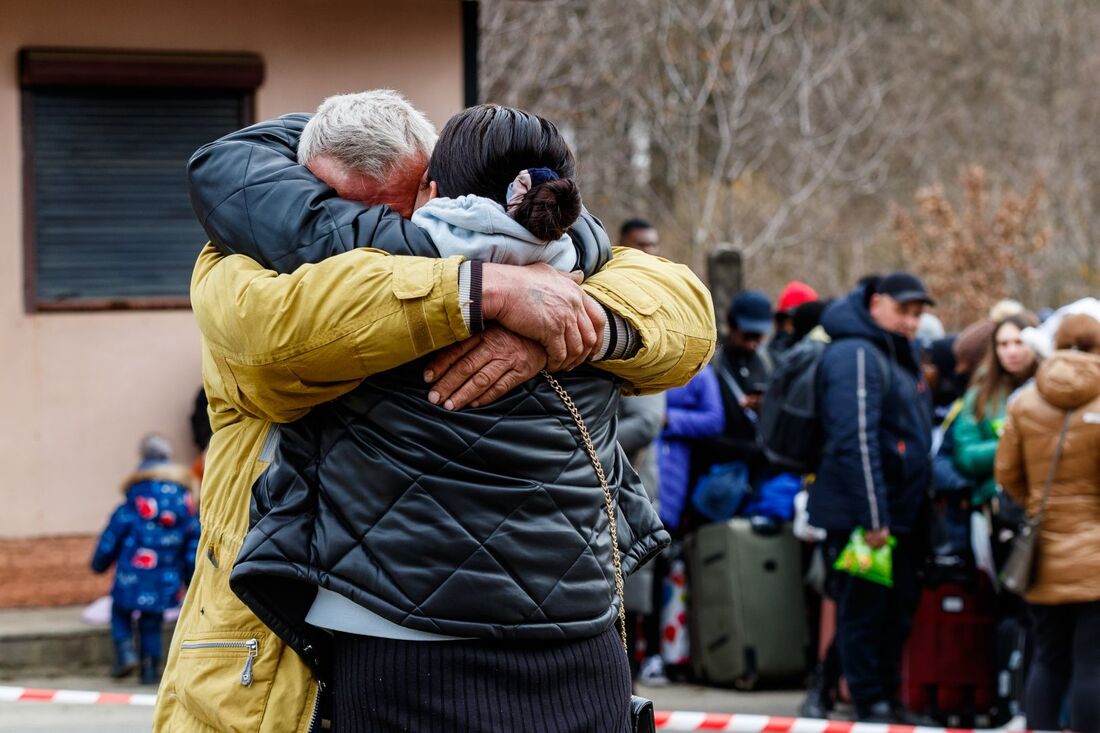
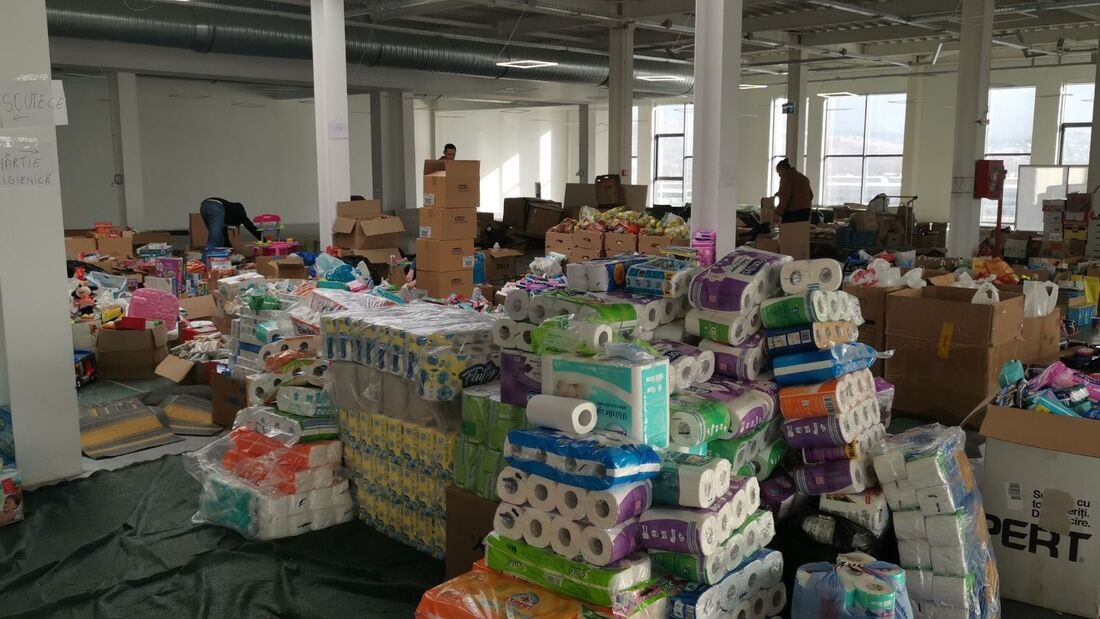
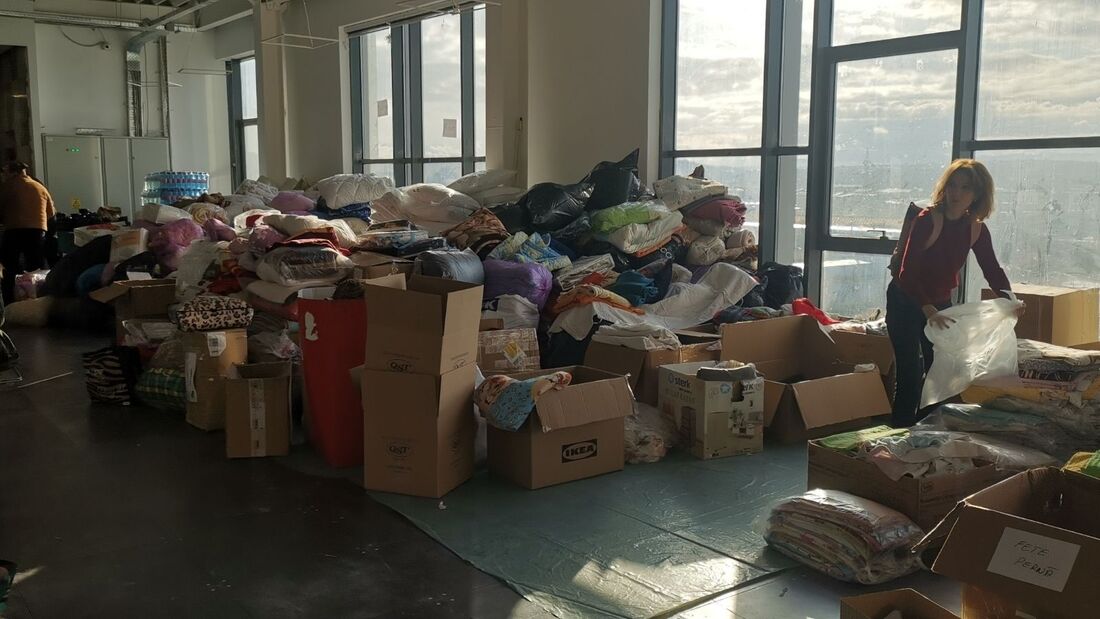
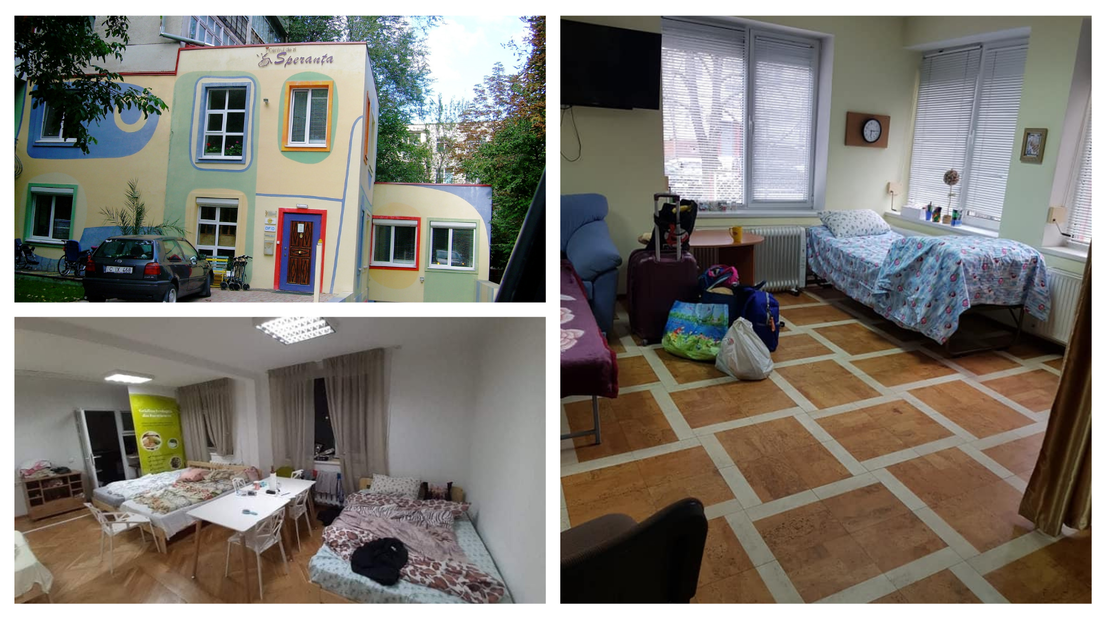
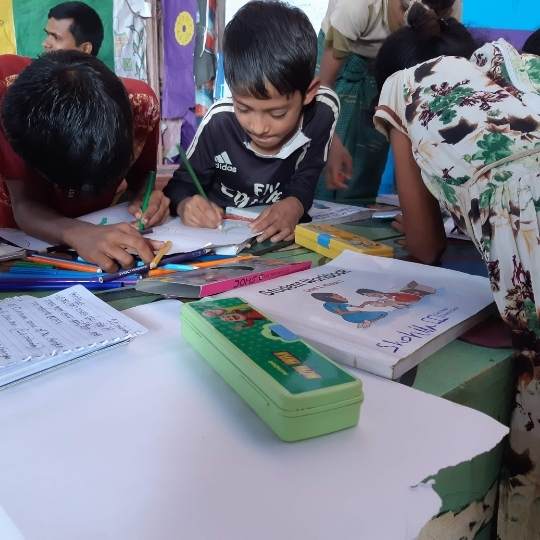
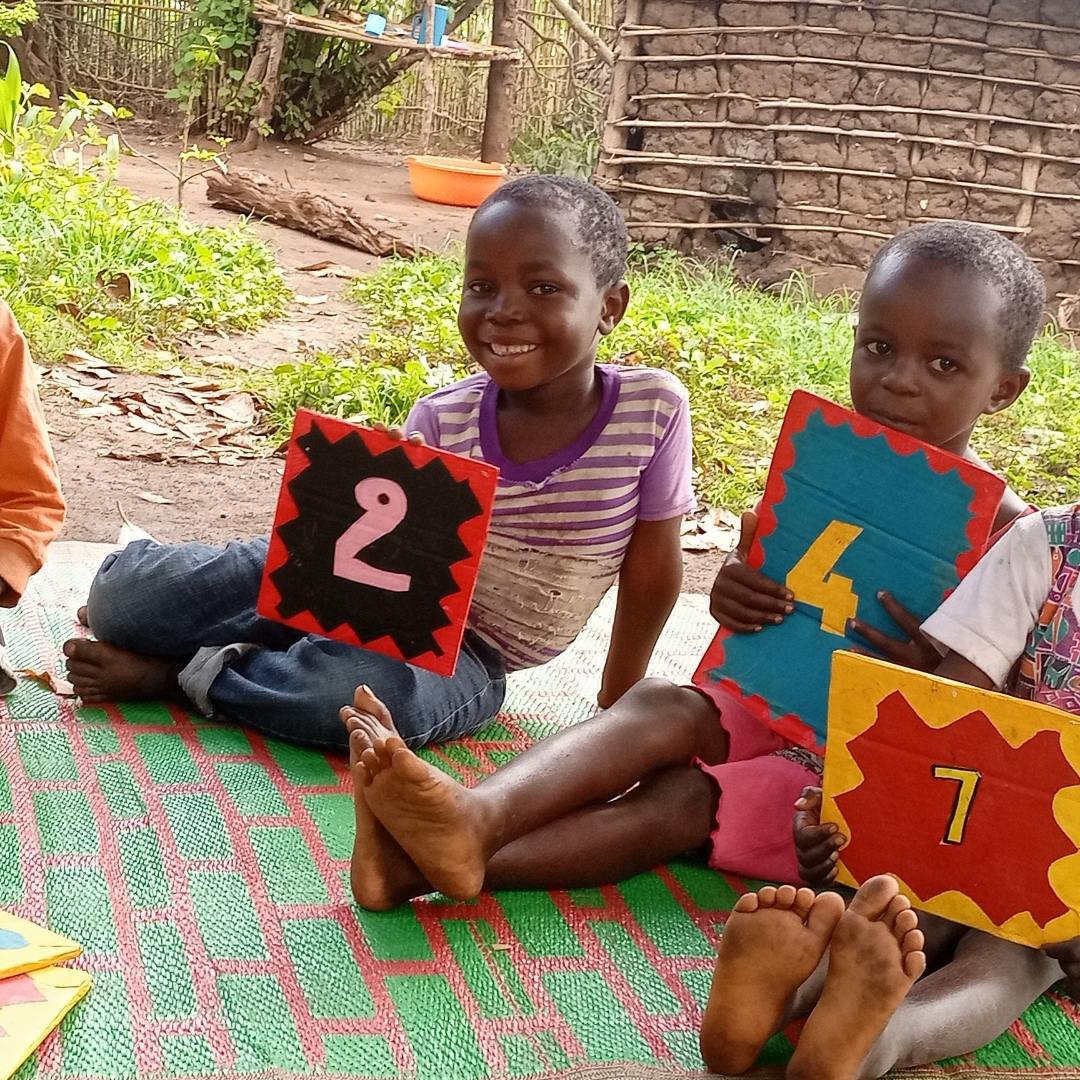
 Give monthly
Give monthly Fundraise for us
Fundraise for us RSS Feed
RSS Feed
